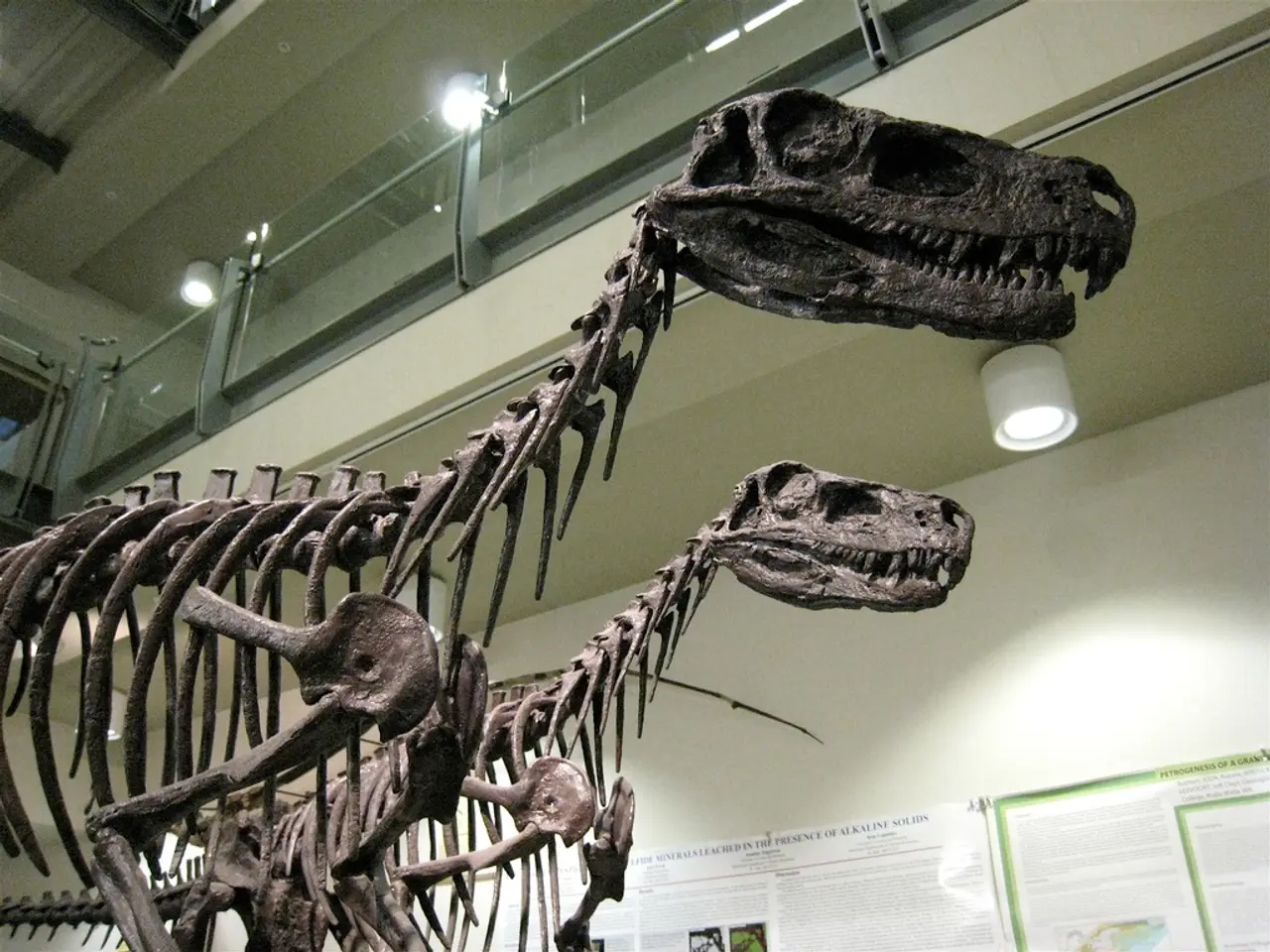Disney's Most Notable Box Office Bombings Throughout History
Disney, a name synonymous with entertainment, has had its fair share of box office disappointments. However, these failures have paradoxically contributed to their long-term success by providing key lessons that shaped their strategic adjustments and creative decisions.
One of Disney's most notable missteps was the release of "A Wrinkle in Time" (2018), directed by Ava DuVernay, which failed to satisfy critics and audiences despite a $100 million budget. The film's complex source material and ambitious scope made it difficult to adapt for contemporary audiences. Disney learned that successful franchise launches require more than just recognizable source material and impressive visual effects.
Another costly box office bomb was "John Carter" (2012), which had a production budget exceeding $250 million and marketing costs pushing the total investment close to $400 million. This stands as perhaps the most expensive lesson in Hollywood history.
"Chicken Little" (2005), Disney's first fully computer-animated feature produced in-house, suffered from a rushed story and lack of depth that audiences expected from Disney productions. Meanwhile, "Treasure Planet" (2002) had a unique visual style that impressed critics and animation enthusiasts, but its release in November placed it in competition with "Harry Potter and the Chamber of Secrets", leading to its commercial failure.
In animation, failures like "Mars Needs Moms" (2011) failed due to expensive motion capture techniques that did not resonate with audiences, reinforcing Disney’s need to balance innovation with market appeal.
Disney's theme park ventures also faced setbacks, such as the West Coast concept WestCOT being scrapped and replaced by the less inspiring California Adventure, which initially failed because it lacked Disney theming and did not meet guest expectations. The company learned from these mistakes, later investing in upgrades like Pixar Pier and Avengers Campus, demonstrating Disney’s adaptive approach to audience preferences and brand consistency in its parks.
The pattern of impressive technology undermined by weak storytelling became a recurring theme in Disney's failures during the early 2000s. For instance, "Dinosaur" (2000) showcased impressive computer graphics but wrapped those visuals around a thin story that failed to engage audiences emotionally. Similarly, "Atlantis: The Lost Empire" (2001) failed to connect with audiences despite featuring an all-star voice cast, highlighting a disconnect between Disney’s creative teams and audience expectations.
Disney's handling of the "Star Wars" franchise after acquiring Lucasfilm for $4.05 billion in 2012 initially appeared promising but soon declined due to strategic errors, creative missteps, and alienating core fans through rapid, incoherent releases and disregard for audience feedback. These failures highlighted the importance of coherent storytelling, respecting fan expectations, and managing franchise pacing, influencing Disney’s future franchise stewardship.
Moreover, recent attempts to reshape franchises to appeal heavily to female or socially progressive narratives led to alienation of significant segments like male viewers, contributing to box office disappointments seen in recent "Star Wars" and "Indiana Jones" films. This failure prompted Disney to reconsider its demographic targeting, indicating that understanding and balancing audience diversity is crucial.
In sum, Disney’s biggest Hollywood failures contributed to their success by acting as critical feedback points that forced the company to refine marketing strategies, respect fan culture, carefully pace and shape franchises, and attentively target diverse audiences. This iterative learning process helped Disney evolve into a more resilient and strategic entertainment powerhouse.
[1] Source
[2] Source
[3] Source
[4] Source
[5] Source
- Disney's missteps in movies-and-tv, such as the release of "A Wrinkle in Time" (2018) and "John Carter" (2012), were sourced from expenses exceeding budgets and failed to resonate with audiences. These failures led to key lessons in strategic adjustments and creative decisions related to policy-and-legislation and politics in the entertainment industry.
- In animation, films like "Chicken Little" (2005) and "Treasure Planet" (2002) faced box office discordance, with the former suffering from a rushed story and lack of depth, and the latter competing with "Harry Potter and the Chamber of Secrets". These failures highlighted the need for technology to be balanced with market appeal and storytelling.
- Disney's handling of the "Star Wars" franchise after acquiring it in 2012, marked by strategic errors, creative missteps, and disregard for fan feedback, led to commercial disappointments. These failures demonstrated the importance of coherent storytelling, respecting fan expectations, and managing franchise pacing in policy-and-legislation and politics, influencing future franchise stewardship.








